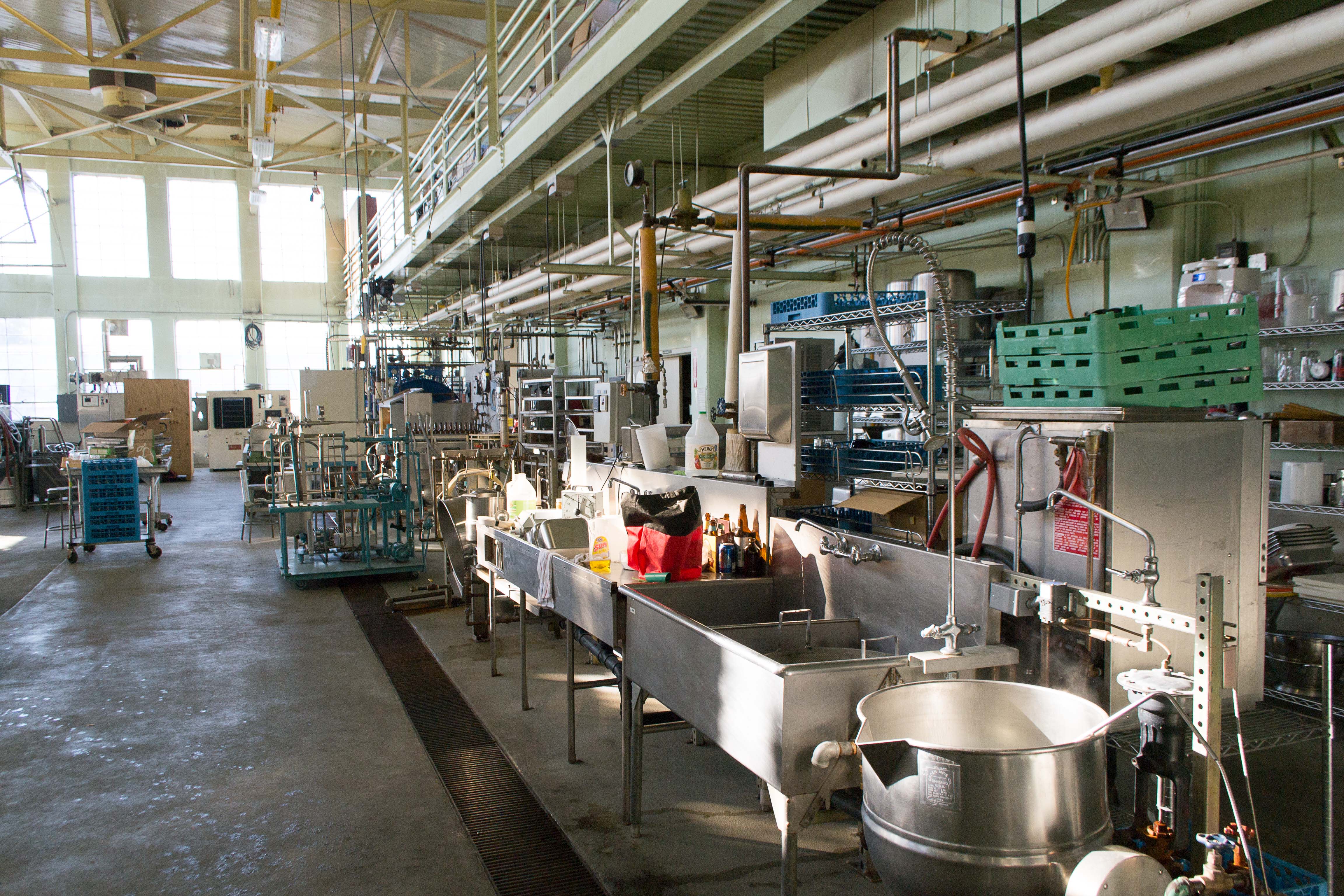
Photo from academic.microsoft.com
ABSTRACT Following the discovery of aflatoxins in the early 1960s, there have been many studies leading to the uncovering of many mycotoxins and the understanding of associated health effects in… Click to show full abstract
ABSTRACT Following the discovery of aflatoxins in the early 1960s, there have been many studies leading to the uncovering of many mycotoxins and the understanding of associated health effects in animals and humans. Consequently, there has been a global increase in the number of countries with mycotoxin regulations in foods. However, many African countries have only regulations for aflatoxins (or a few other mycotoxins) in specific foods, or no regulations at all. This paper critically reviews the challenges thwarting the establishment of mycotoxin regulations and their impacts on human dietary mycotoxin exposure in Africa. Mycotoxin regulatory limits for different countries are compared with mycotoxin tolerable daily intakes established by international food safety bodies taking into account consumption patterns. The agrarian setup, food insecurity, and mycotoxin analytical challenges in African countries are discussed; and more feasible mycotoxin dietary exposure reduction strategies are proposed.
Journal Title: Critical Reviews in Food Science and Nutrition
Year Published: 2017
Link to full text (if available)
Share on Social Media: Sign Up to like & get
recommendations!